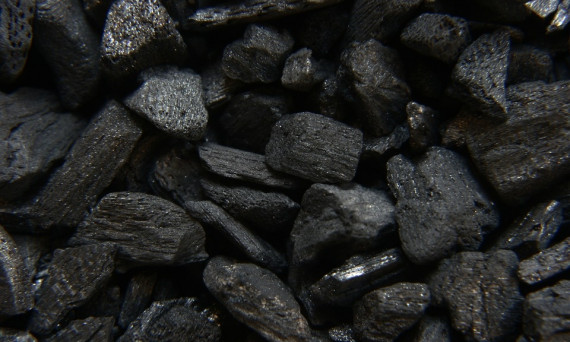We derive optimal contributions to global climate policy when countries differ with respect to income and pollution intensity. Countries' growth rates are determined endogenously and abatement efficiency is improved by technical progress. We show that country heterogeneity has a crucial impact on optimal climate policies and that the optimal allocation of pollution permits depends on international trade. In the absence of international permit trade more developed countries receive more permits than the less developed; permit prices are higher in the rich countries. With international permit trade, more developed countries get less permits than the less developed. When global distribution of physical capital is uneven and the aggregate pollution ceiling is low poor countries get all the permits but incomes do not converge even with free trade.
- Университет
- Образовательные программы
- Факультеты
-
Центры
- Институт проблем правоприменения
- Институт междисциплинарных медицинских исследований
- Центр Res Publica
- Исследовательский центр ЭНЕРПО
- Центр исследований науки и технологий
- Центр социальных исследований Севера
- Центр гуманистической урбанистики UP
- Центр институционального анализа науки и образования
- Центр «Прожито»
- Прикладной центр МАСТ
- Центр изучения культурной памяти и символической политики
- Центр антропологии религии
- Центр исследований модернизации
- Центр «Петербургская иудаика»
- Центр исследований Евразии
- События
